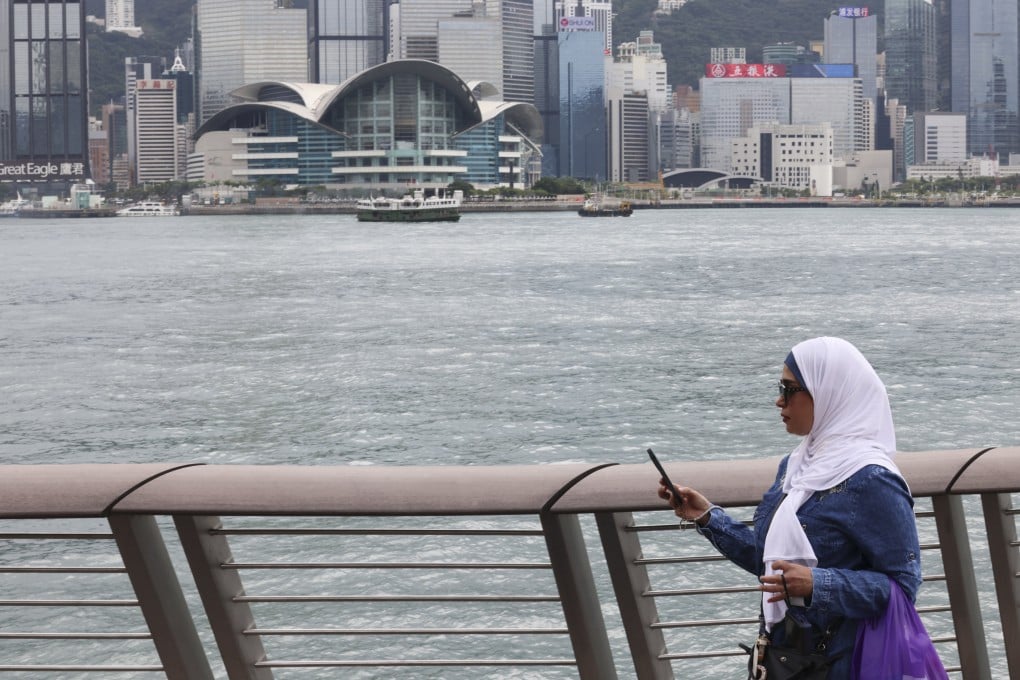What actually matters in Hong Kong’s push for Muslim visitors?
Halal-certified food is not easy to find in the city, unfortunately – and language barriers are another challenge

Since Covid-19 travel and quarantine restrictions were lifted in Hong Kong in early 2023, visitors from traditional medium- and long-haul tourist markets – Australasia, North America and Japan, in particular – have largely given Hong Kong a miss. While an interlocking series of understandable-yet-unfortunate overseas perceptions and local realities are partially responsible, the simple truth remains; despite various “relaunch” campaigns, visitor numbers from these places have not recovered to anything like pre-pandemic levels.
In tandem, long-standing stopover passengers, who typically staged through Hong Kong at one or both ends of the Europe-Australasia journey, now tend to fly via Middle Eastern aviation hubs such as Dubai and Doha. Enhanced connectivity and shorter journey times – only one stop is required between places such as Brisbane and Dublin, for example, instead of multiple layovers – makes a transit through Hong Kong less attractive than it once was.

Recent official initiatives have focused upon a long-overdue encouragement of inbound tourism from countries in the Islamic world – clearly the next big push to prop up Hong Kong’s flagging tourism industry. Steadily rising living standards and consistent middle-class growth and consumer spending in Muslim-majority countries from Morocco to Malaysia in recent decades provide a sizeable potential tourist market that, as yet, has been largely overlooked. Introduction of direct flights between Riyadh and Hong Kong last month should also encourage more tourists from Saudi Arabia to visit the city.
Many such visitors, though by no means most, would not be unduly deterred by Hong Kong’s major structural tourism industry weaknesses. In particular, more expensive hotel rooms, compared with other regional destinations, and the inevitable corresponding sense of suboptimal value for money, will not change any time soon, if at all. But when these prices are compared to places such as Dubai and Abu Dhabi, some visitors might feel that as a stay in Hong Kong would cost about the same as at home, but with a completely different range of things to see and do, then a trip here would be worthwhile.
Significant challenges, however, remain. Muslim tourists have specific religious requirements that must be accommodated for them to feel comfortable coming to a destination in the first place. First and foremost is the availability of halal-certified food; not an easy thing to find in Hong Kong, where pork is a dietary staple. Language barriers are another challenge, but one that the Greater Bay Area – no doubt to the surprise of many – is uniquely able to bridge.

Since the 8th century AD, nearby Guangzhou has received visitors from across the Muslim world. One of the oldest mosques in Asia – known as the Lighthouse Mosque, due to its distinctive minaret – lies in the city centre, along with other historic locations linked to the introduction of Islam into southern China from that time. As a direct consequence of this long-standing connectivity, Guangzhou, unlike Hong Kong, has taxi drivers and local tour guides who can speak a mutually comprehensible version of Arabic.
